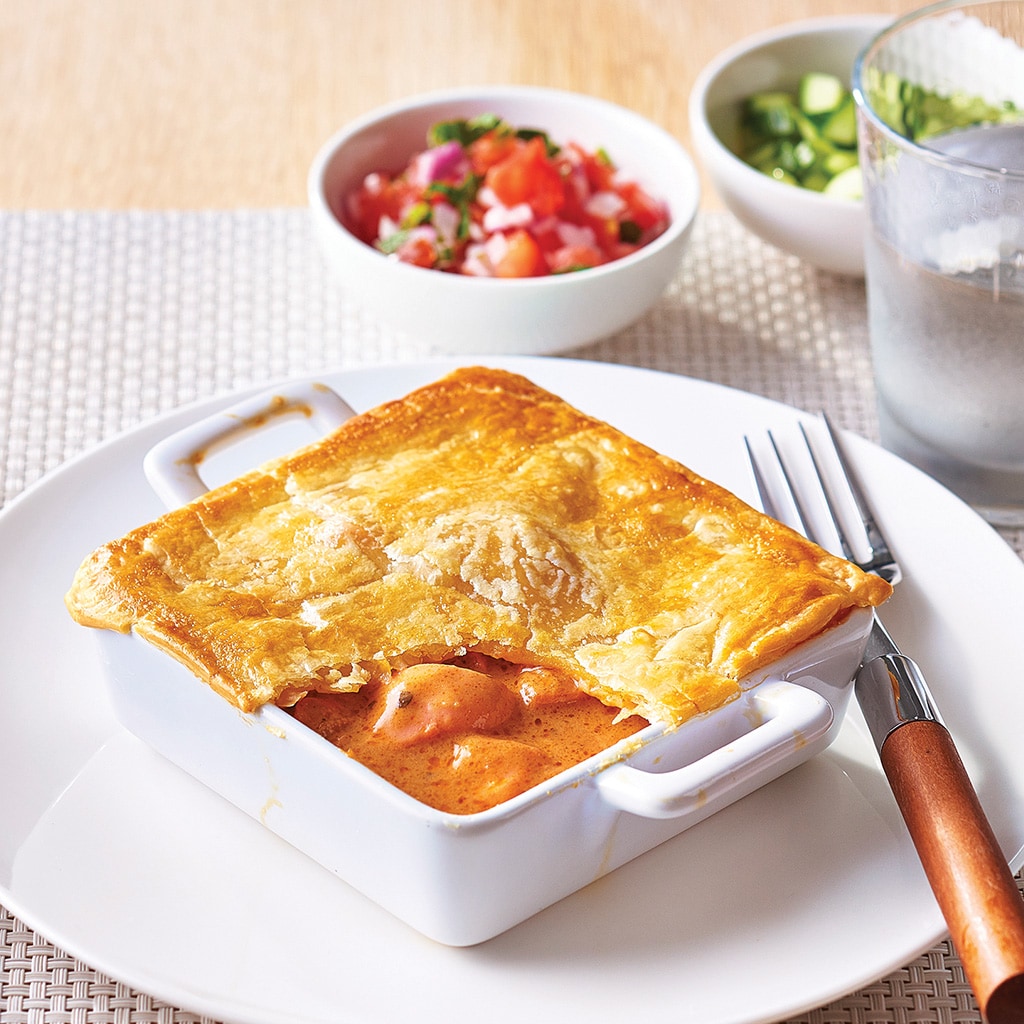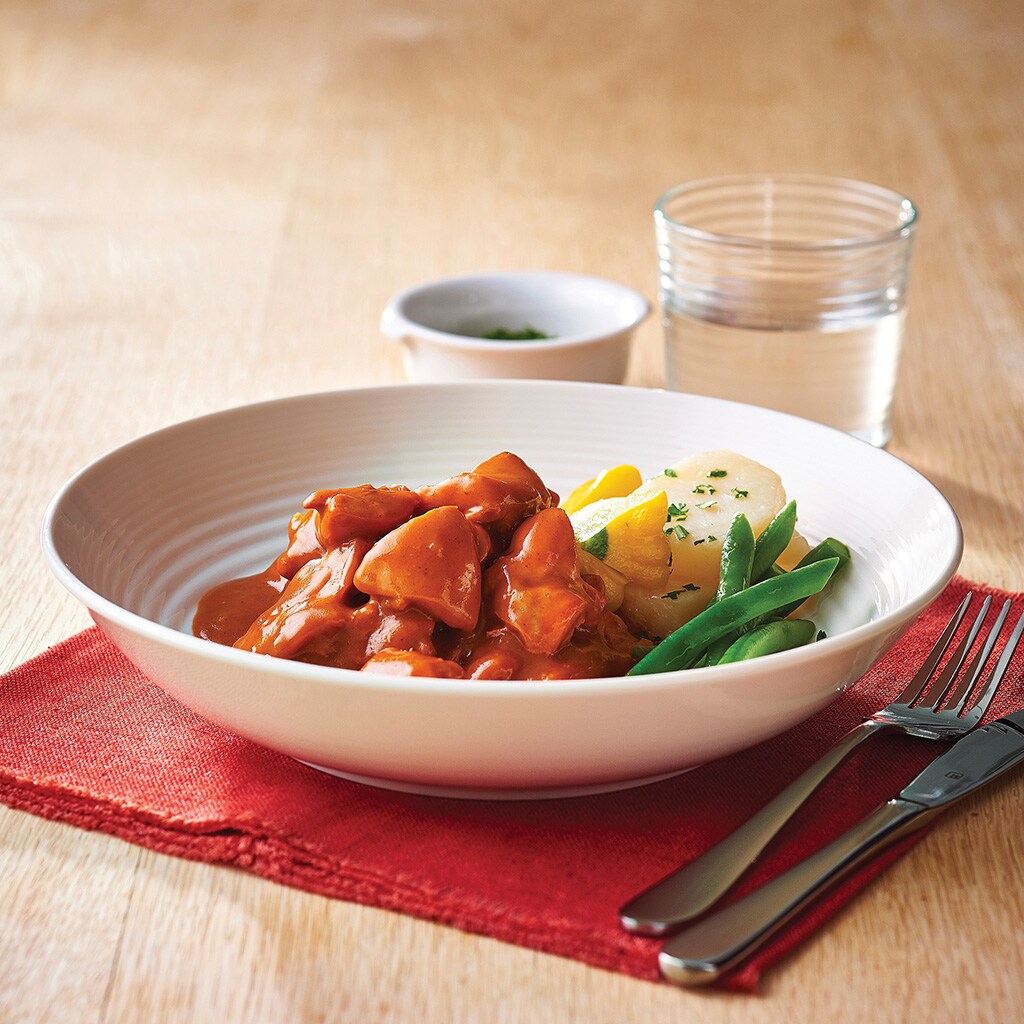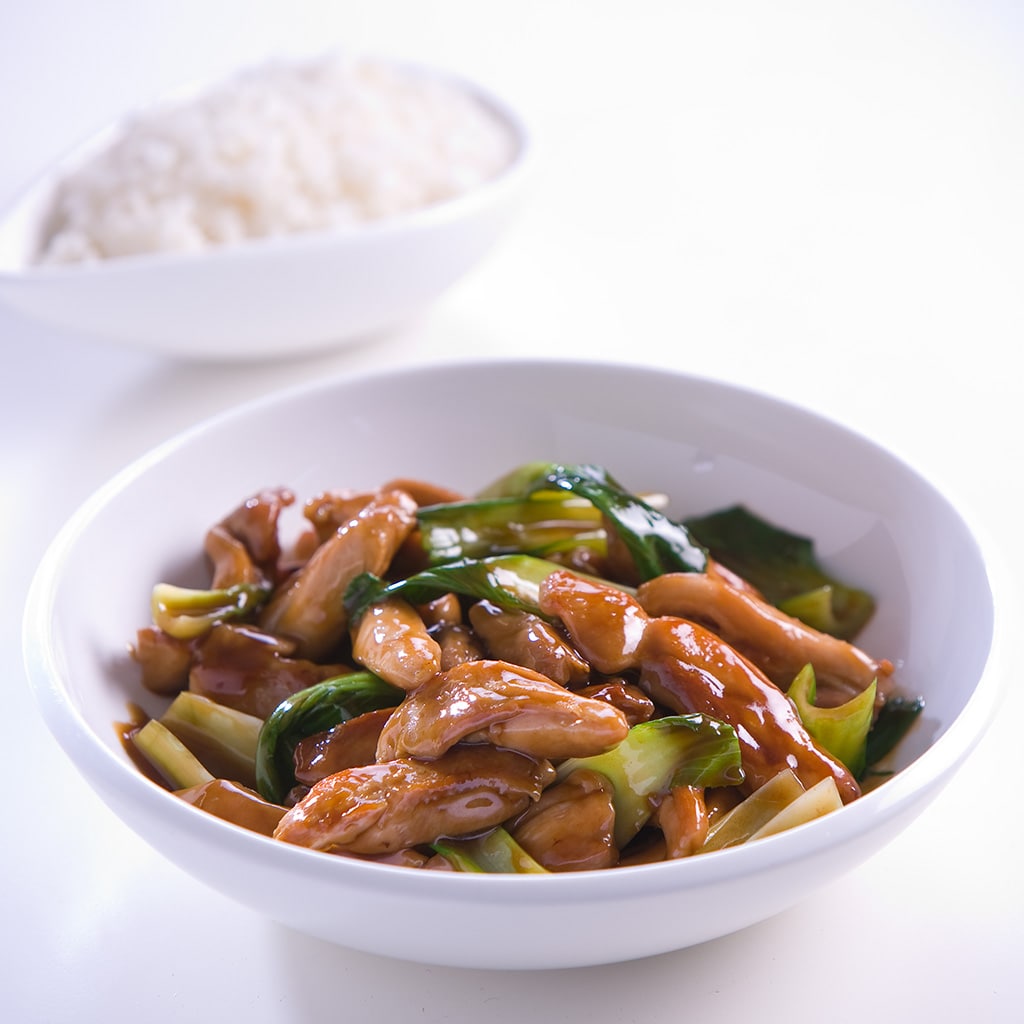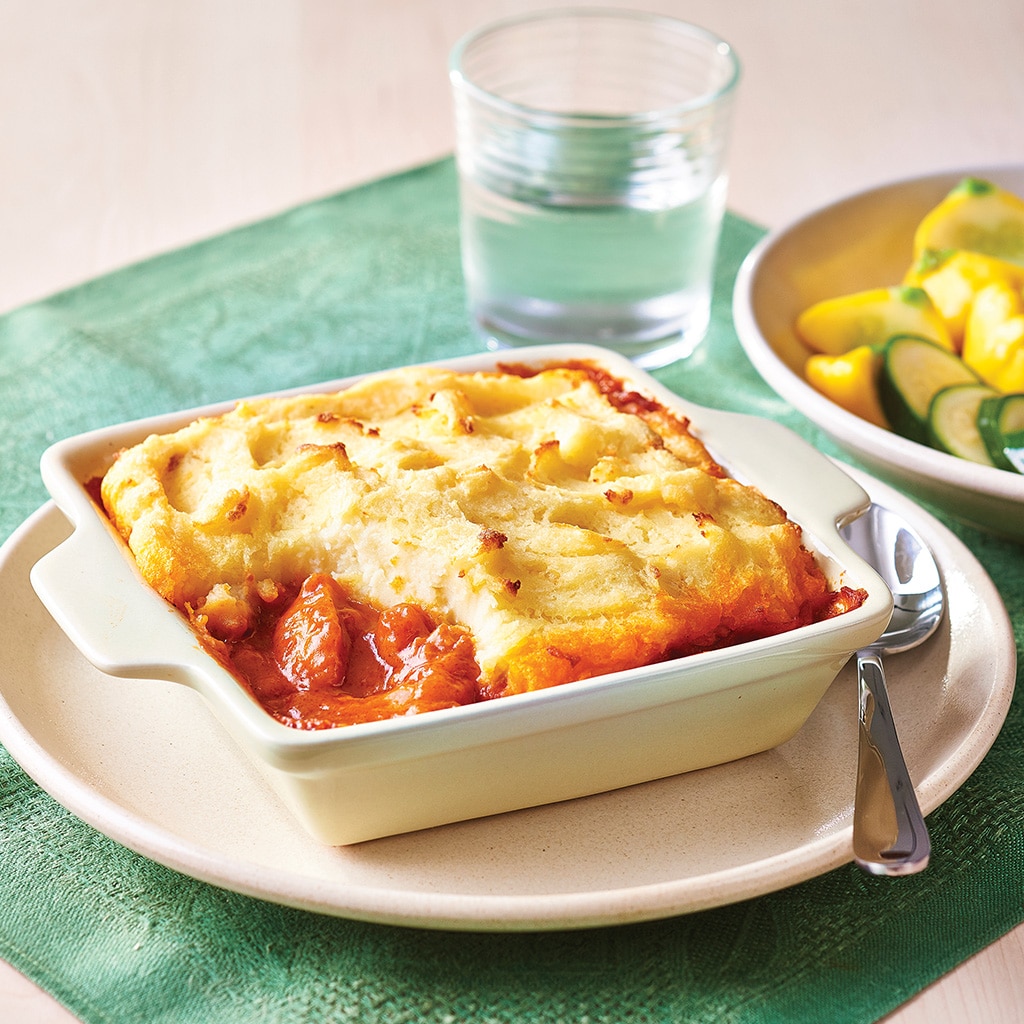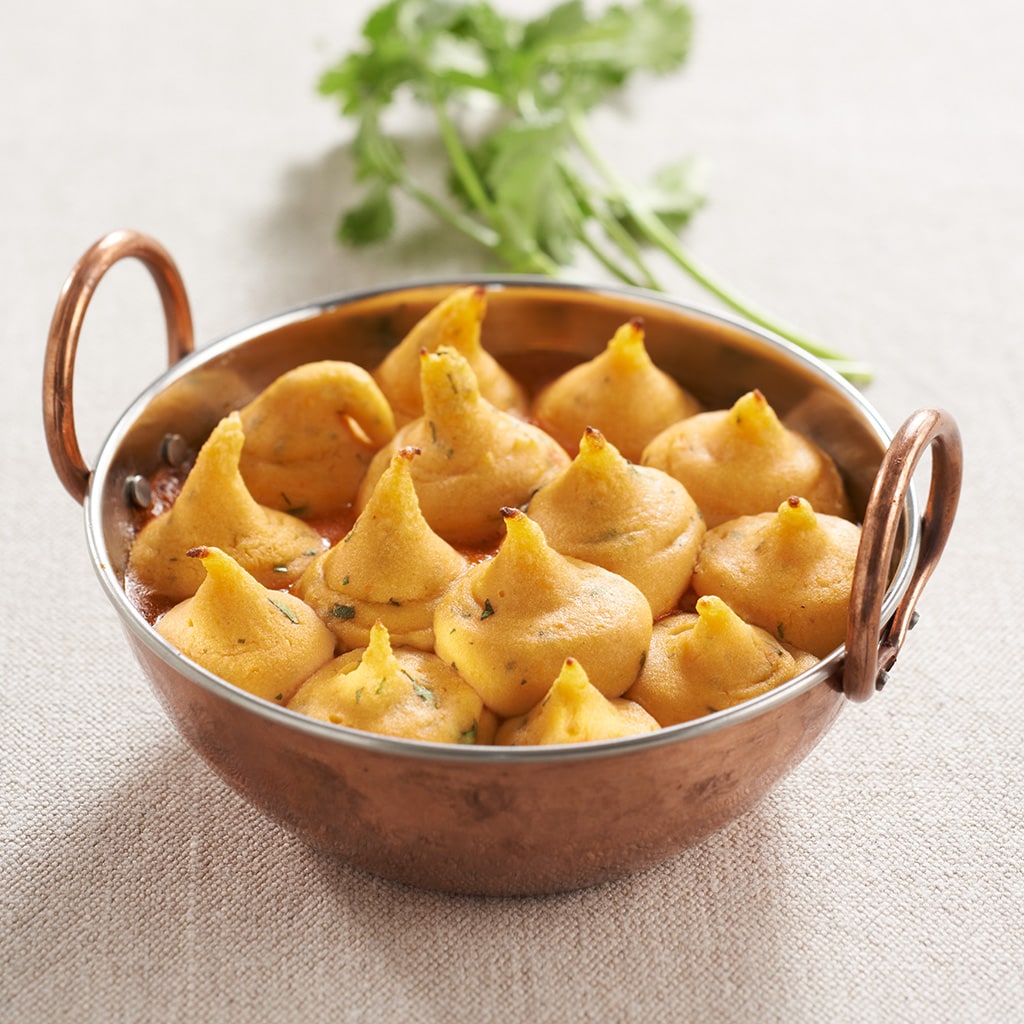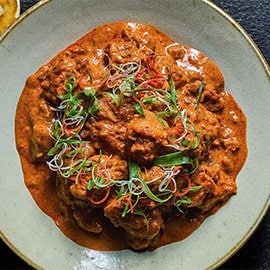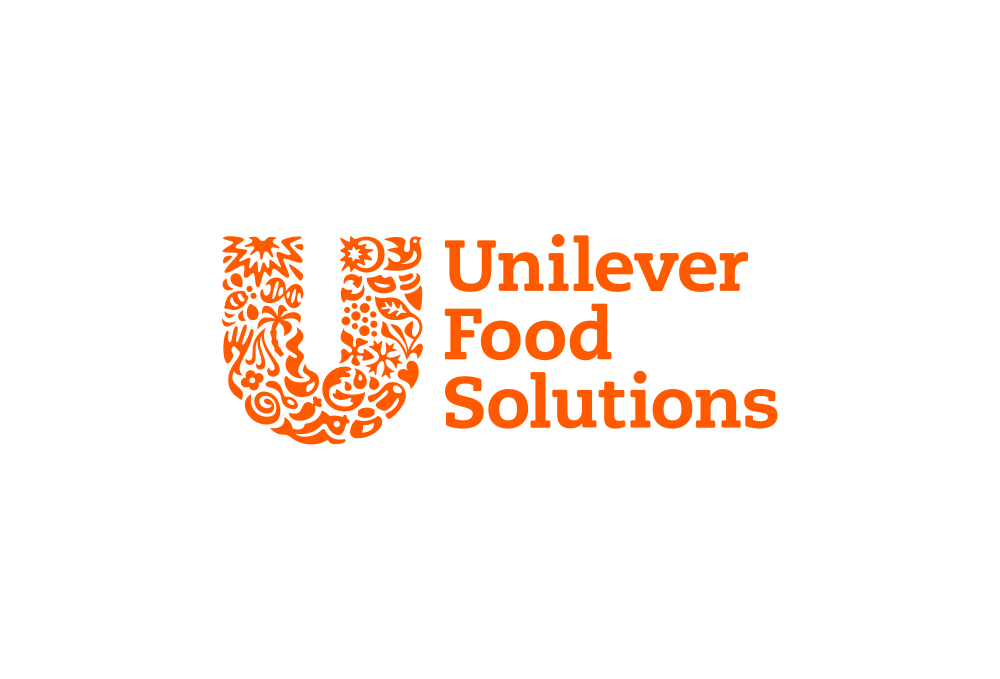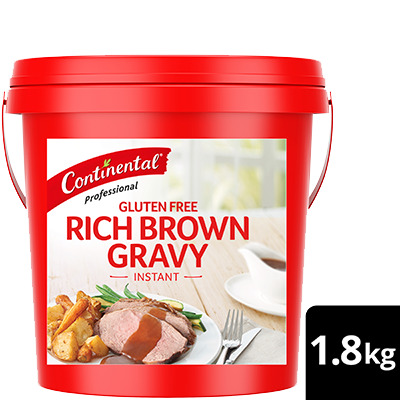Posted on Friday, 13ᵗʰ December, 2019
Christmas is a time to celebrate together with family, friends, wonderful festive food, uplifting carols, too much tinsel and a spirit of joy. It’s a major focal point of the Australian and New Zealand holiday calendar and the celebrations can begin weeks before.
It’s easy to assume everyone celebrates Christmas. However we are a multicultural, multifaith community, so it is likely that not everyone in an aged care facility follows the Christian faith or observes Christmas as a significant holiday. If this is the case, here are a few ideas to ensure the festive season is truly a time of inclusiveness and “goodwill to all”.

The festive season is an opportunity to learn about the traditions and beliefs of others. If residents are from culturally diverse backgrounds, ask whether they have special religious festivals or traditions celebrated around Christmas or at different times of the year and include these into your facility’s celebrations.
Most religions like Islam, Hinduism, Buddhism, Judaism have their own religious and cultural festivals. In the Islam tradition, the birth of the prophet is known as Mawlid, celebrated in early November. People of Jewish heritage celebrate Hanukkah - an eight-day festival – in late December, so it often coincides with Christmas. In Hinduism, Diwali – the festival of light – is the vibrant and dazzling five-day festival in late October and is recognised as the New Year in the Hindi calendar. Many Chinese (and South-East Asian cultures) recognise Chinese New Year in late January-early February as the most important celebration of the year.
If residents celebrate any or all these festivals, the whole resident community could come together to honour their cultures and learn about these traditions throughout the year. Make sure these dates are in the calendar and note they can change slightly from year to year. Food is a major part of any festive celebration, and at each special cultural event in the calendar, residents could share a traditional meal around a brightly decorated table.


Celebrating diversity and inclusiveness means including everyone in the festive celebration and respecting the differences and common traditions.
At the centre of the majority of cultural celebrations, is the food. And a shared meal makes people feel included and respected. Residents who do not celebrate Christmas may also not eat roast pork (Jewish and Muslim), roast beef (Hindu) or may need a vegetarian feast, so make sure there is plenty of options for everyone to enjoy on the day. In some cultures, fish is the customary dish at Christmas time. Luckily, Australia and New Zealand are blessed with wonderful seafood at Christmas time and it is often the centerpiece of our unique take on the way Australia and New Zealand embrace the festive season.
The symbolism of candlelight is important in many cultures, including the Jewish Hanukkah (festival of light) which is celebrated at the same time as Christmas. Jewish residents may like to light candles in a candelabra (hanukkiyah) as a way to honour this tradition. In Christianity, a Christmas candle is lit to symbolise Jesus Christ, the light of the world. In the Buddhist tradition, the light from a humble candle symbolises the enlightenment of the Buddha.

Christmas means spending time with friends and family, and the residents often consider each other ‘family’, especially if they don’t have relatives coming to visit on Christmas Day. Residents and staff may wish to spend time together on December 25 without the religious differences getting in the way. It is a wonderful opportunity to have some fun activities; maybe sing some favourite songs, play games or show a classic movie.
Many aspects of Christmas are non-religious – such as decorating Christmas trees, giving gifts and many modern carols. There may be ways to do Christmas with more of a focus on the secular elements or end of the year. By making Christmas a more inclusive celebration, residents from different cultural backgrounds and faiths can enjoy Christmas as a happy season of giving, reflecting on happy memories and celebrating being together as one year ends and another begins.
Disclaimer: The content of this article is created for inspiration purposes only. It is not intended as clinical, medical or nutritional advice.
Related Articles
Top recipes
-
Butter Chicken Tikka Pie -
Honey Garlic Chicken Stir Fry -
Pickled Pork with Braised Cabbage and Mustard Sauce -
Butter Chicken Casserole -
Stir Fried Chicken with Honey Soy and Asian Greens -
Lemon Sesame Salmon Skewers -
Butter Chicken Pie, Potato Top -
Butter Chicken Pot Pies -
Lemon Chicken Tandoori -
Egg and Vegetable Curry -
Butter Chicken -
Lamb Meatloaf Wellington with Wholegrain Mustard Gravy -
Canadian Baked Vegetable Poutine with Mushroom Gravy
Related Products
Log in or Create an account to access:
- Get access to this content
- Discover the latest culinary trends
- Explore and save your favourite recipes
- Watch free video training courses for chefs

